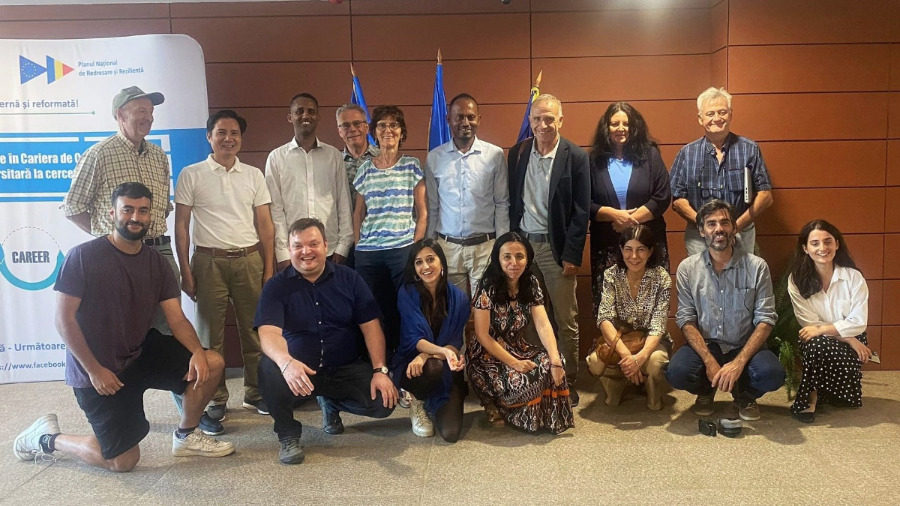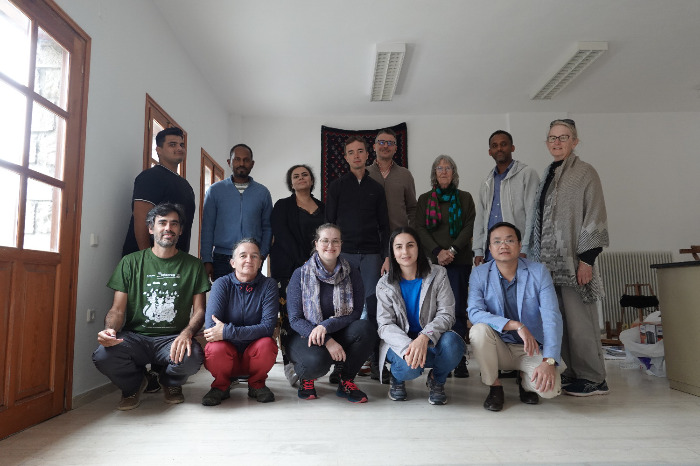ROMANIAN PART
The first of the two parts of the fourth H3 R&IS took place in Romania, in the Capathian Mountains from September 7th to 21st in 2023. A total of 23 people took part in the first stop of the session, including 10 Romanian members and 13 participants from 10 different countries. The participants came from Europe (Austria, France, Norway, Slovenia and Spain), Africa (Algeria and Ethiopia), South America (Argentina), North America (USA) and Asia (Vietnam). A large proportion of the participants were geographers and animal scientists.
The main focus area of the Romanian part was the Capathian Mountains, of which around 60% are located in Romania. We interviewed a total of 17 different initiatives, with the selection process based on representativeness, diversity and availability.
The interviewees were:
- Dairy farming (some practicing transhumance on mountain alpine pastures)
- Fish Farm
- Land of Huts, which is an initiative to save the old shepherd huts
- Tourist Guesthouses
- Workshop for making and selling traditional costumes
- A town museum
- Bear sanctuary

____________________________________________________________________________________________________________
GREEK PART
The second part of the fourth Research and Innovation Session took place in Greece, and started only a couple of days after the Romanian Part ended, from 25th of September until the 6th of October in Metsovo.
The Greek Part of the session was hosted by Terra Thessalia, which is a spin-off company with the purpose of cooperating with the small-scale dairy farms of Thessaly to preserve and highlight the traditions and quality characteristics of their products.
The group consisted of 13 people, some of them, who already conducted in the Romanian part and some others, who joined only for the greek part.
They visited a total of 13 initiatives, which were all located around the area of Metsovo and Joannina, in the North-Western part of Greece.
However, the content of the initiatives differed greatly from one another. The only thing they had in common was their direct and strong relationship with mountain regions.
The main aims of the initiatives were:
- Connection to conservation of natural and cultural heritage.
- Reoccupation of the abandoned mountain areas
- Highlighting the alive side of the mountains and the staying of young people
- Raising a barrier to climate crisis and its effects
- Producing high quality products
- Reviving the old techniques and their ancestral crafts

